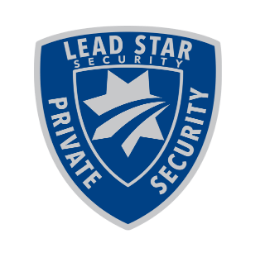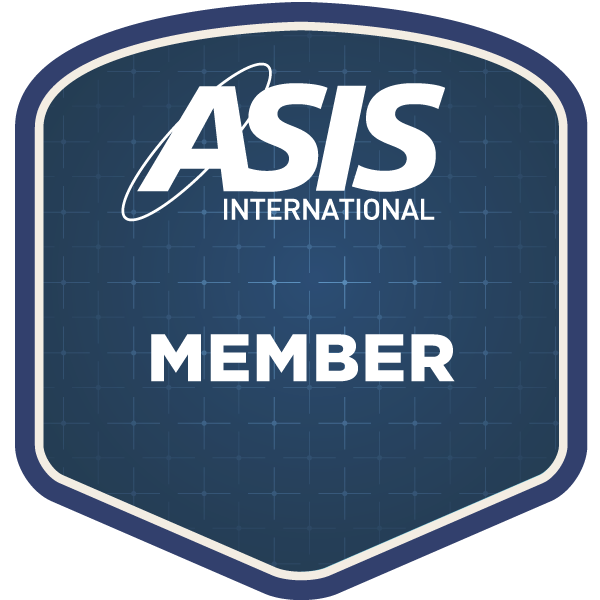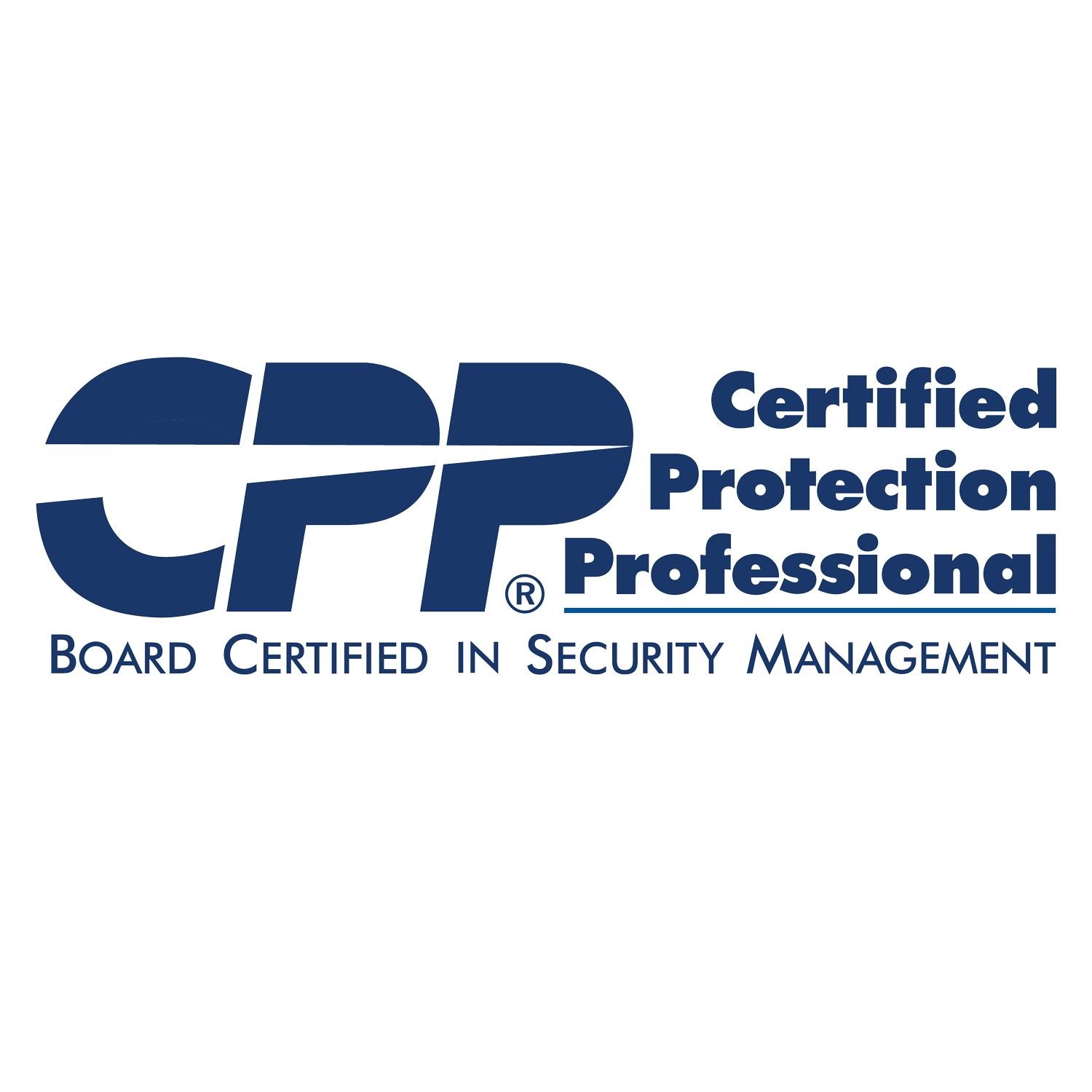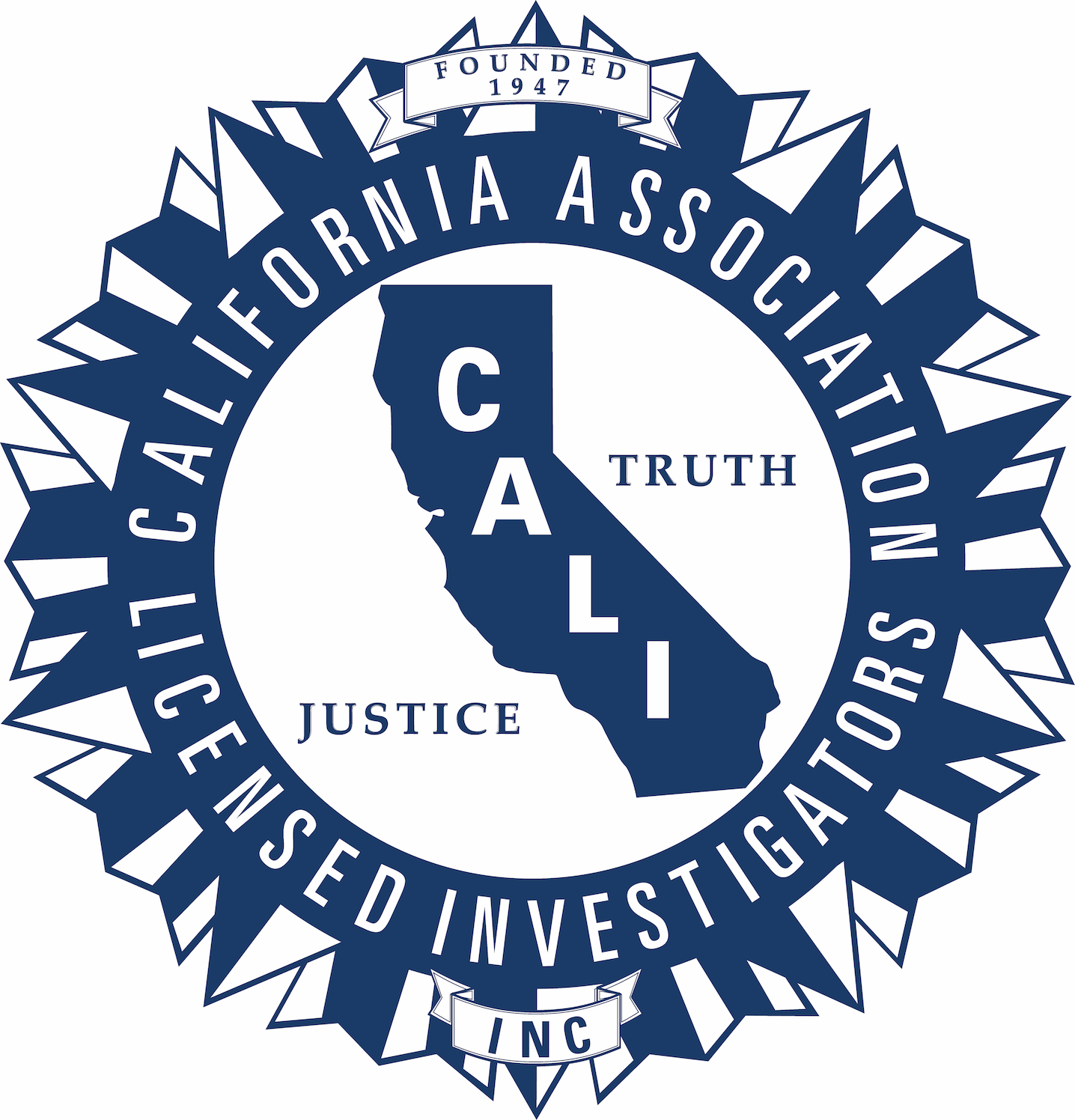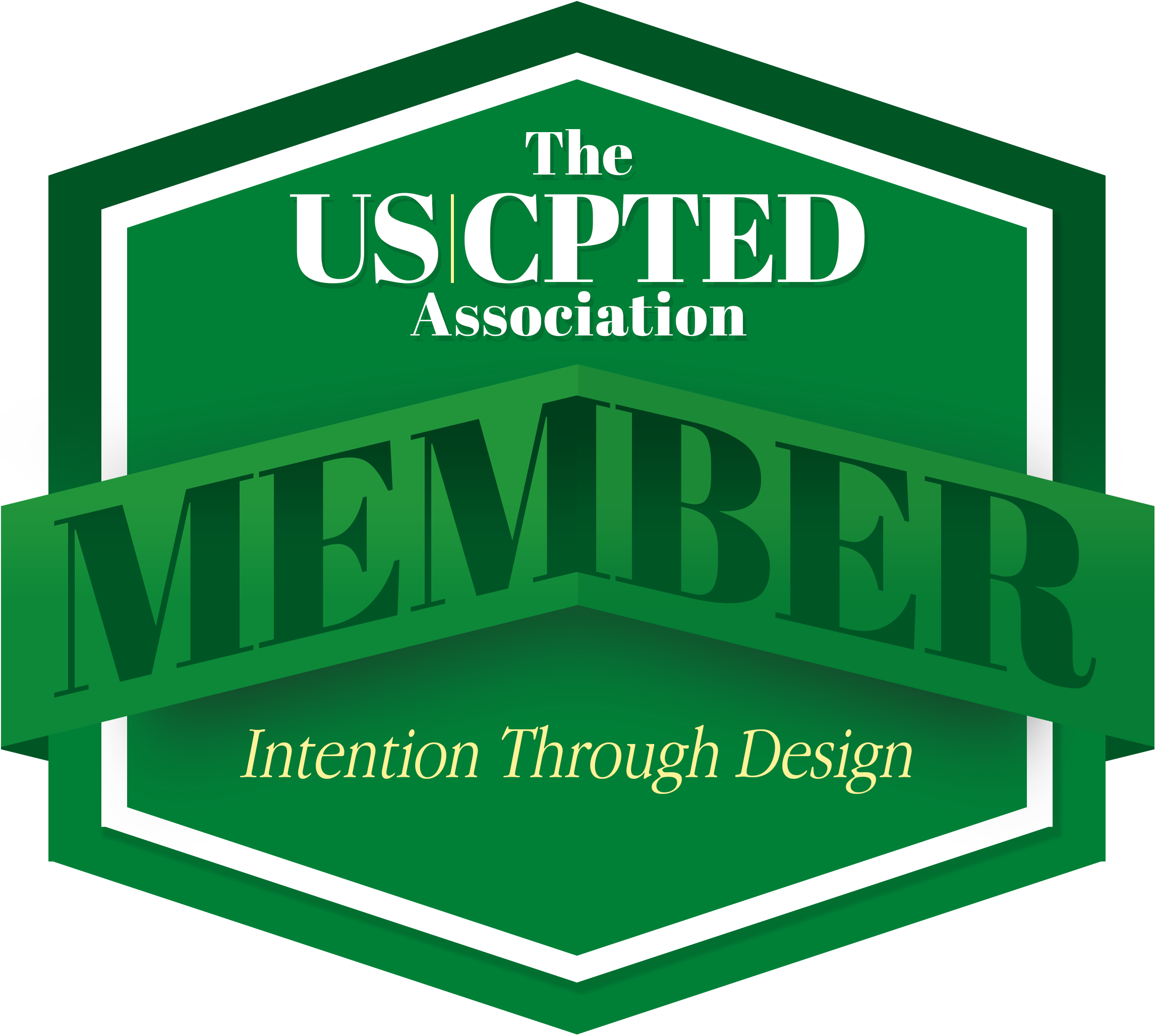Healthcare Facility Security Services
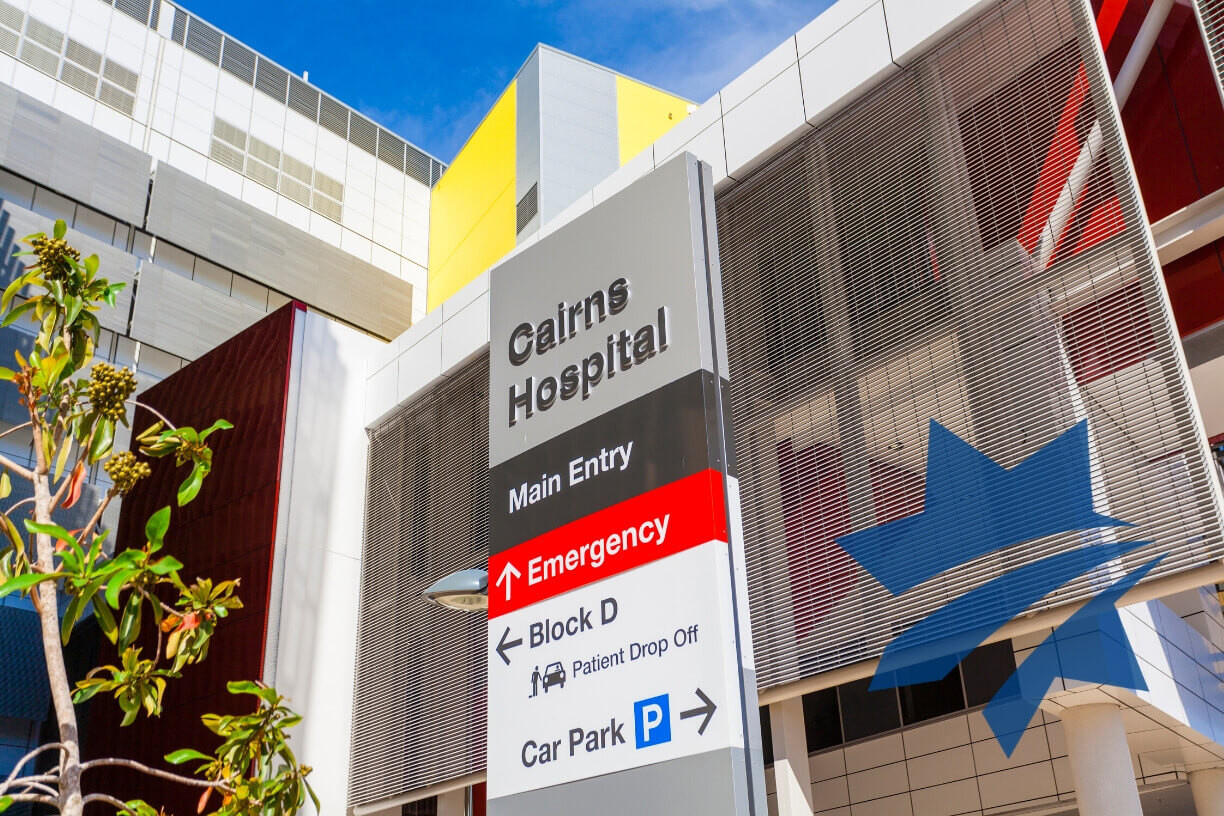

Healthcare Facility Security
Free consultation
Sacramento Healthcare Security Services
Protecting Hospitals, Clinics & Medical Offices Across Greater Sacramento
At Lead Star Security, we specialize in healthcare security services tailored to the needs of hospitals, clinics, medical offices, and ICUs in Sacramento, CA. Our security guards are professionally trained, fully licensed, and experienced in the sensitive, fast-paced medical care environments.
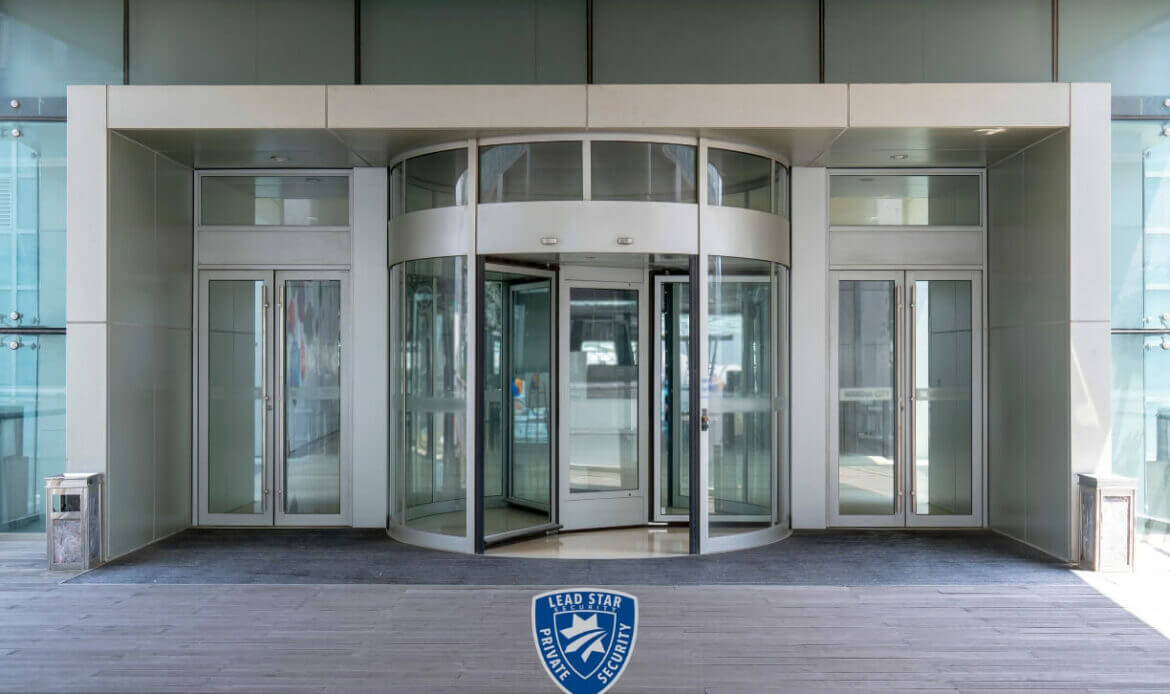
Hospital and Healthcare Facility Security Services
Lead Star Security provides licensed and certified security guards for hospitals and medical facilities in order to ensure accurate and reliable services. Security services include 24-hour patrols and surveillance, keeping the hospital safe and protected.
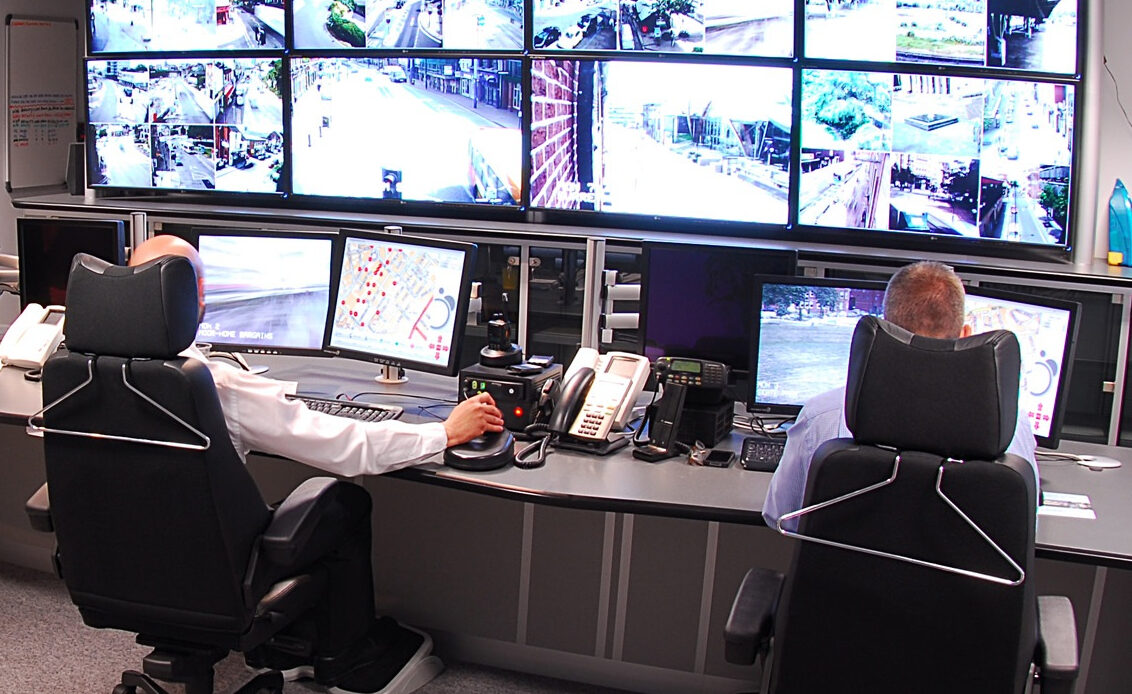
Healthcare facilities face unique challenges, from patient safety and visitor control to de-escalating volatile situations in emergency and ICU areas. We provide full-scale security services designed specifically for medical environments.
Hospital Security Services Include:
- 24/7 on-site hospital security guards
- Emergency room and ICU security
- Access control to restricted areas
- Visitor screening and ID checks
- Patient safety escort services
- Workplace violence prevention
Clinic & Medical Office Security:
- Customized protection plans for small and mid-sized practices
- Waiting room monitoring and risk management
- After-hours patrols and alarm response
- Medical facility security with patient privacy in mind
Emergency Room & ICU Security Support:
- Guards trained in high-stress and high-sensitivity environments
- Collaboration with healthcare staff for integrated safety
- On-site presence during peak risk hours
- Immediate response to aggressive or unstable behavior
Local Expertise. Local Trust.
We proudly serve the Sacramento healthcare community, including hospitals, urgent care centers, behavioral health clinics, and specialty medical offices throughout:
- Sacramento
- Elk Grove
- Folsom
- Citrus Heights
- Roseville
- Surrounding areas in Northern California
Our local teams understand the unique demands and regulations of California healthcare facilities. We deliver scalable security solutions that comply with HIPAA and prioritize patient dignity and facility safety.
Why Choose Lead Star Security for Healthcare Security?
- Rapid local response in Sacramento County
- Fully vetted, uniformed, licensed guards
- Specialized training in healthcare security services
- Proven experience in hospitals, ICUs, and medical clinics
- Flexible contracts and competitive pricing
Request a Free Security Assessment Today
Find out how Lead Star Security can support your facility’s needs with customized healthcare security services in Sacramento.
Call: (916) 971-6218
Email: info@leadstarsec.com
At Lead Star Security, we are committed to delivering excellence in safety and protection. Contact us today to learn more about how our full spectrum of hospital security services, hospital security guard services, and specialized medical security services can safeguard your healthcare facility.
Comprehensive Security Solutions for Healthcare Facilities: Your FAQs Answered
This FAQ addresses the most common questions healthcare facility managers have about their security needs and how they can effectively fulfill them with the right systems, personnel, and technologies.
Yes. In California, all private security guards working in hospitals, clinics, or any healthcare facility must be licensed through the Bureau of Security and Investigative Services (BSIS). Lead Star Security ensures every guard assigned to a healthcare client is fully licensed, background-checked, and trained for compliance with state and facility-specific regulations.
Security is crucial in healthcare settings to protect patients, staff, visitors, and sensitive information. Effective security measures help prevent unauthorized access, ensure patient privacy, and maintain a safe environment for healthcare delivery.
Healthcare facilities often encounter challenges such as:
- Unauthorized access to restricted areas
- Theft of medical equipment or medications
- Workplace violence
- Ensuring patient and data privacy
- Emergency preparedness for incidents like active shooters
Best practices include:
- Implementing access control systems
- Installing surveillance cameras
- Training staff in security awareness
- Developing emergency response plans
- Regularly updating security protocols
Advanced technologies such as remote video monitoring, access control systems, and alarm integrations can provide real-time surveillance, detect unauthorized access, and enable prompt responses to security incidents.
Security personnel are vital for maintaining safety. They monitor entrances, patrol the premises, respond to incidents, and ensure compliance with security policies, creating a secure environment for all occupants.
Facilities should develop and regularly update emergency response plans, conduct drills, and train staff to handle various scenarios, including natural disasters, active shooter situations, and medical emergencies.
Implementing robust cybersecurity protocols, restricting access to sensitive information, and regularly updating software systems are essential to safeguard patient data from breaches and unauthorized access.
It’s recommended to review and update security protocols at least annually or whenever significant changes occur within the facility to ensure they remain effective and compliant with current regulations.
Balancing accessibility and security involves implementing measures like visitor management systems, designated public and private areas, and clear signage to control access without hindering the facility’s welcoming environment.
Hospitals typically employ a combination of on-site security guards, surveillance systems, access control measures, and emergency response protocols. Security personnel help monitor entrances, prevent unauthorized access, assist in de-escalating volatile situations, and ensure the safety of patients, visitors, and staff. Many hospitals also rely on third-party security companies like Lead Star Security for professional, licensed healthcare security services.
Some hospitals do employ armed security guards, depending on the location, size of the facility, and specific risk assessments. While many healthcare environments rely on unarmed guards for general safety and de-escalation, certain facilities — particularly those with emergency departments or behavioral health units — may require trained, licensed armed security personnel. Lead Star Security offers both unarmed and armed guard services based on facility needs and compliance requirements.
Yes, hospital security guards can use handcuffs if they are licensed and trained to do so, and only in accordance with applicable state laws and company protocols. The use of handcuffs is generally limited to situations where physical restraint is necessary to prevent harm or manage aggressive behavior. At Lead Star Security, all guards who may use handcuffs undergo proper training in use-of-force policies, de-escalation tactics, and incident documentation.
Yes. Professional hospital security guards are trained to respond to medical emergencies, violent incidents, fire alarms, and facility lockdowns. At Lead Star Security, our guards receive specialized training to work effectively in high-pressure environments like emergency rooms and ICUs, while coordinating with healthcare staff and first responders.
This FAQ provides healthcare facilities with valuable insights into:
- The importance of security in healthcare environments.
- Common security challenges and how to address them.
- Best practices for securing healthcare settings, including the use of technology, personnel, and emergency preparedness plans.
- How to assess security needs and implement effective measures to protect patients, staff, and data.
By understanding these key areas, healthcare managers can develop a comprehensive security plan that balances safety, compliance, and accessibility for all stakeholders.
